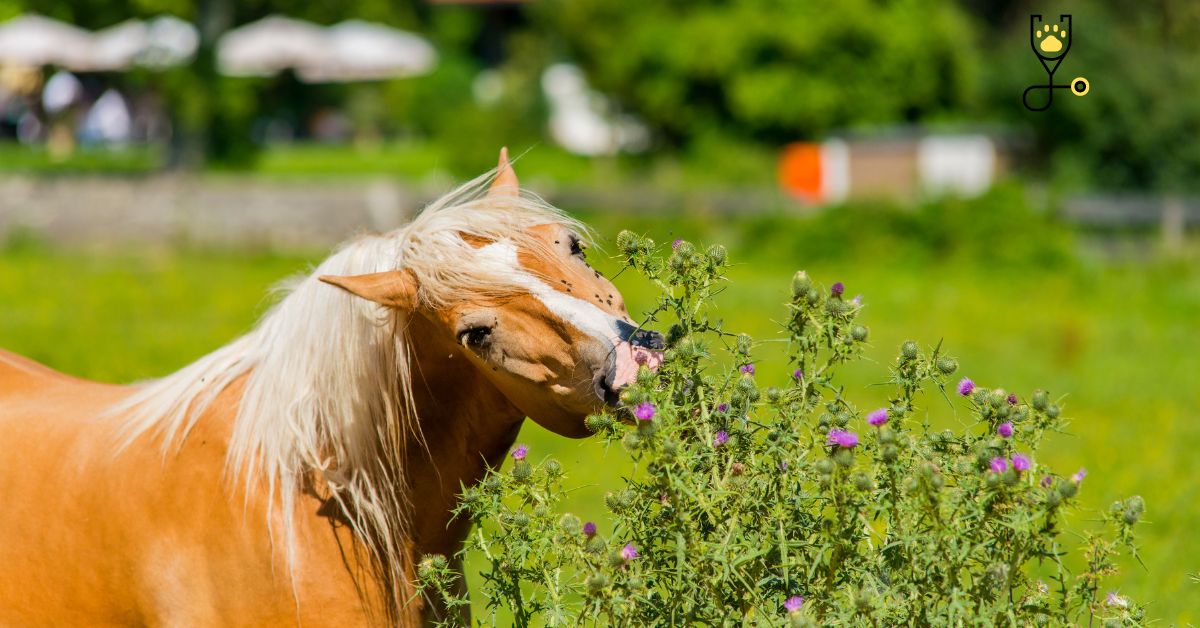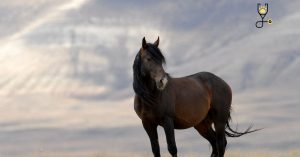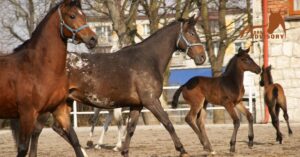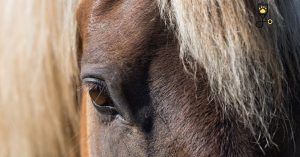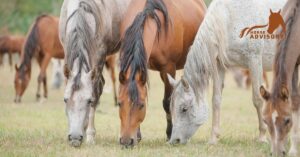It may seem like horses can eat anything, but there are actually quite a few things they shouldn’t eat. In fact, different horses have different dietary needs, so it’s important to know what’s best for your horse. Here are 10 things that horses should avoid, as well as some of the best foods for horses.
1. Avocado: This is a very popular fruit, but it can be deadly to horses. Avocado leaves, skin, and pits contain a toxin called persin, which can cause colic and other serious health issues when eaten by horses. Health issues can include diarrhea, breathing difficulties, and even death. The only safe parts of the avocado are the flesh and the pit. Chemicals in the flesh can still cause an upset stomach if your horse eats too much. Abnormal swelling of the head and neck can also occur. Avocados should be avoided at all costs.
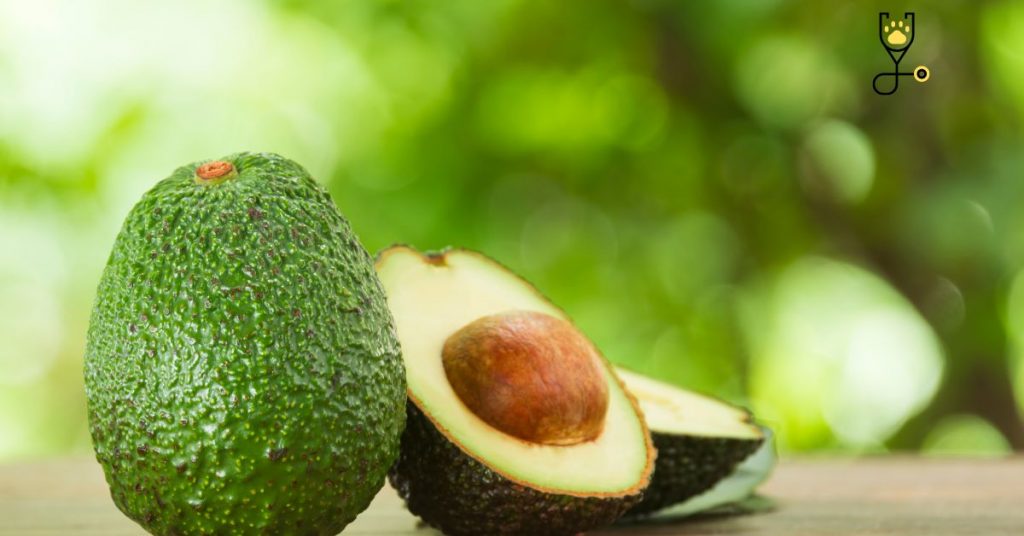
2. Chocolate: This tasty treat is a no-no for horses, as it contains theobromine and caffeine, both of which can be deadly to horses. Ingestion of chocolate can lead to rapid heart rate, seizures, and even death in some cases. Be sure to keep this sugary snack far away from your horse.
3. Onions and Garlic: Most forms of onions, garlic, and their related relatives are off-limits to horses. These plants contain thiosulphate, which can be toxic in large amounts. Eating too much of any of these plants can lead to anemia, decreased appetite, and other health issues.
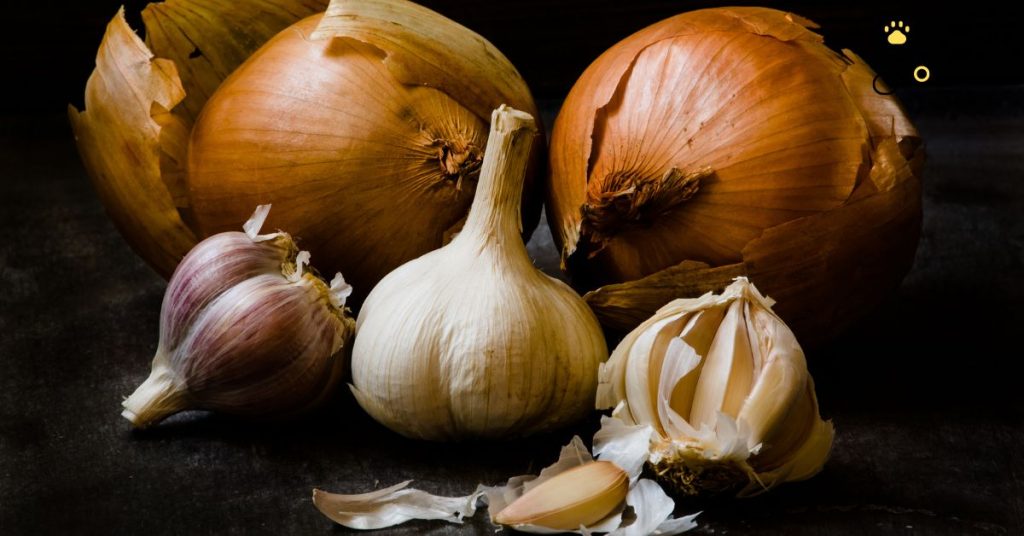
4. Rhubarb: This vegetable contains high levels of oxalic acid, which can be toxic to horses in large amounts. Eating it can lead to severe digestive upset, diarrhea, and kidney problems.
5. Sugary Treats: Though they might seem like a nice treat for your horse, sugary treats should be avoided. Too much sugar can lead to laminitis, an inflammation of the hooves that can cause permanent damage if left untreated.
6. Mushrooms: Most mushrooms are harmless, but some varieties contain toxins that can be very dangerous to horses. Eating any type of wild mushroom is strongly discouraged and may result in severe health issues or even death.
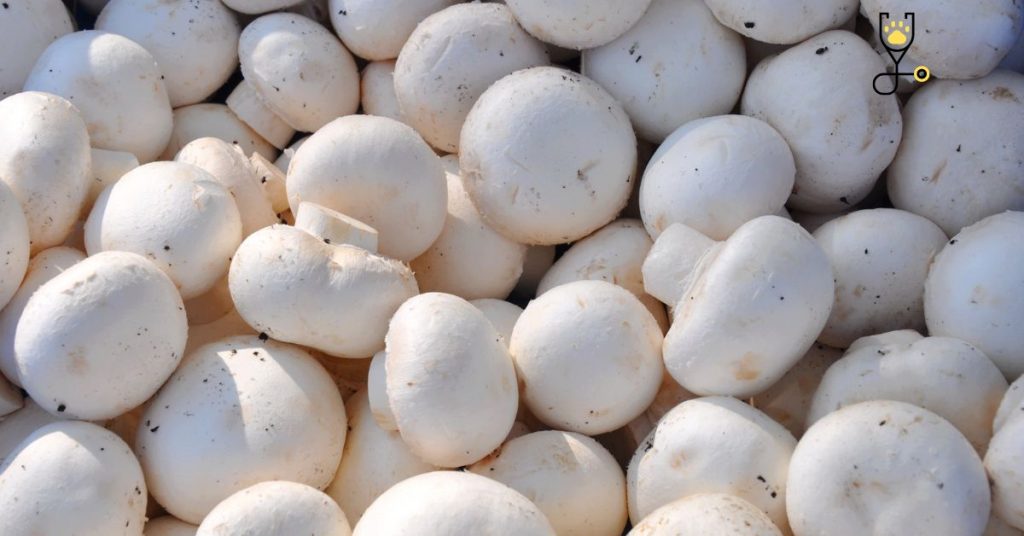
7. Bread Dough: Bread dough contains yeast which will continue to grow inside a horse’s stomach, causing it to bloat up and become painful. If your horse eats bread dough, you should seek veterinary help immediately as the condition can quickly become fatal.
8. Legumes: Certain legumes such as clover, alfalfa, and vetch contain high amounts of calcium which can be harmful to horses in large amounts. Eating too many of these plants can cause kidney failure and other health complications.
9. Citrus Fruits: The acid content in citrus fruits such as oranges, lemons, and limes can cause ulcers in a horse’s stomach if consumed in large quantities. These fruits should be avoided entirely or fed only in small amounts as treats.
10. Moldy Food: Moldy food should never be given to a horse, as it can contain toxins that can cause colic and other serious health issues. Any food that has been left out for too long should be discarded immediately, as mold spores grow quickly on damp surfaces or stored foods. If you’re ever unsure if something is safe for your horse to eat, it’s always best to consult a veterinarian. These are just some of the items that horses should avoid in order to stay healthy and safe. Always be sure to research any food or plants before feeding them to your horse to ensure their safety. By following these guidelines, you can help keep your beloved equine companion happy and healthy for many years to come!
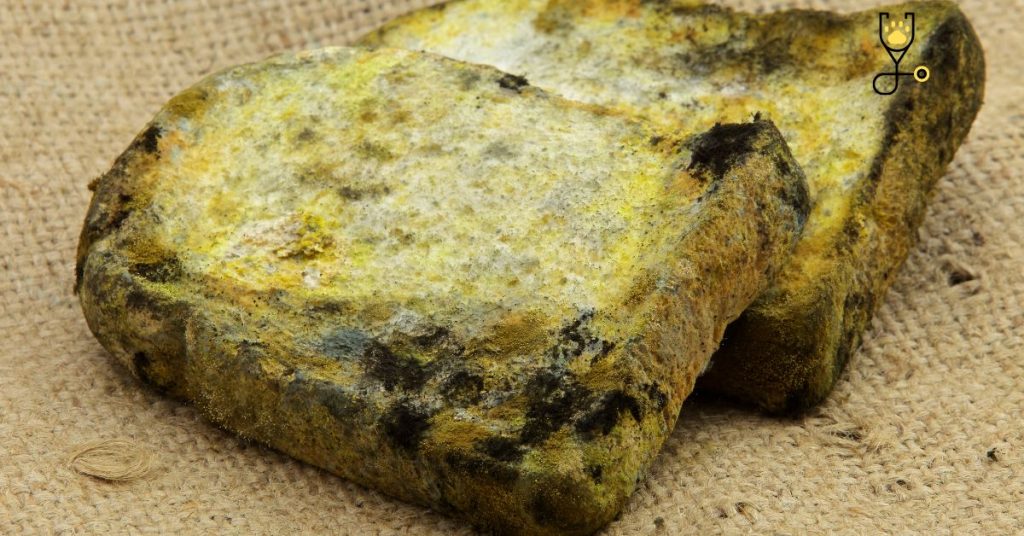
Best foods for horses
Foods for horses come in many forms. From hay and grain to fresh fruits and veggies, horses need a balanced diet for optimal health. Here are some of the best foods for your horse:
1. Hay: Hay is the main source of nutrition for horses and should make up between 70-85% of their daily feed intake. Choose hay with high fiber content and low sugar/starches, such as Timothy or Orchard Grass.
2. Grains: In addition to hay, grains can be an important part of a horse’s diet. Quality whole grains like oats, barley, corn, and wheat bran provide essential energy and vitamins that help support proper growth and development in horses.
3. Fresh Fruits & Vegetables: Fruits and vegetables are a great source of vitamins, minerals, and antioxidants that can help keep your horse healthy. Apples, carrots, bananas, and other fresh produce can be offered as treats or mixed in with hay for an extra nutritional boost.
4. Supplements: Minerals like calcium and phosphorous are important for bone health in horses. Consider adding supplements to their feed if they’re not getting enough from their regular diet.
5. Water: A horse should always have access to clean, fresh water throughout the day. Make sure you check on their water frequently and fill up the troughs when necessary.

Conclusion
Horses have unique dietary requirements, so it’s important to provide them with the right types of food in order to keep them healthy and happy. By following these guidelines, you can help ensure your horse is getting all the nutrition they need to stay strong and active. With a balanced diet composed of hay, grains, fresh fruits & vegetables, supplements, and plenty of water, your horse will be able to live a long and healthy life! Note: As always when feeding horses, consult with a veterinarian before making any major changes or introducing new foods into their diet. Doing so will help prevent potential health problems or serious complications from occurring. Safety should always come first! Happy feeding!
Frequently Asked Questions
1. What are the best foods for horses?
The best foods for horses are hay, grains, fresh fruits & vegetables, supplements, and plenty of water. Together, these form a balanced diet that provides optimal nutrition to keep your horse healthy and active.
2. What can’t horses eat?
Horses should avoid certain items such as chocolate, sugar cubes or sugary treats, alcoholic beverages, caffeine-containing drinks or food items, some plants such as clover and alfalfa (in large amounts), citrus fruits (in large amounts), and moldy food.
3. How often should I feed my horse?
Horses need access to feed at all times throughout the day – they do not do well if they are without food for extended periods of time. It is recommended to feed them at least two times a day, with more frequent meals if possible. Breaking up their feed into smaller portions can also be beneficial. Always consult with your veterinarian for more specific advice on feeding guidelines.
4. How much water should I give my horse?
Your horse should always have access to clean, fresh water throughout the day. The amount of water needed will depend on the climate, activity level, and age of the horse – it’s best to check with your veterinarian for exact recommendations. In general, adult horses need at least 5-10 gallons (19-37 liters) per day in warmer climates and 8-15 gallons (30-57 liters) per day in colder climates. Additionally, horses should drink more water when they are working hard or running long distances, so make sure they always have plenty of fresh water available. Keeping your horse hydrated is key to its overall health and happiness!
5. What should I look for in a hay for my horse?
When looking for hay for your horse, quality is key. High-quality hay should be green and fragrant with no signs of mold or mildew. You’ll also want to check the nutrient content – look for hay with higher levels of protein, calcium, phosphorous, and other essential vitamins and minerals. Ask your veterinarian or local feed store staff if you’re unsure which type of hay is best suited to your horse’s needs. Additionally, some horses may prefer specific types of hay such as alfalfa or timothy grass; it’s worth experimenting to see what works best for your horse. With the right hay, you can help ensure your horse is getting all the nutrition it needs to stay healthy and strong!
6. How often should I check my horse’s water?
It’s important to check the water trough at least once per day, and more often in warmer climates. Make sure it is full and clean; if necessary, empty the trough completely and scrub it out with a brush before refilling it with fresh water. Additionally, check for any floating debris or dirt that may have fallen into the water during refilling; remove these items to keep your horse safe and healthy. Finally, consider adding a water purification system to your horse’s water trough; this can help keep the water clean and free of impurities. Keeping your horse’s water clean is essential for its overall health and well-being!
